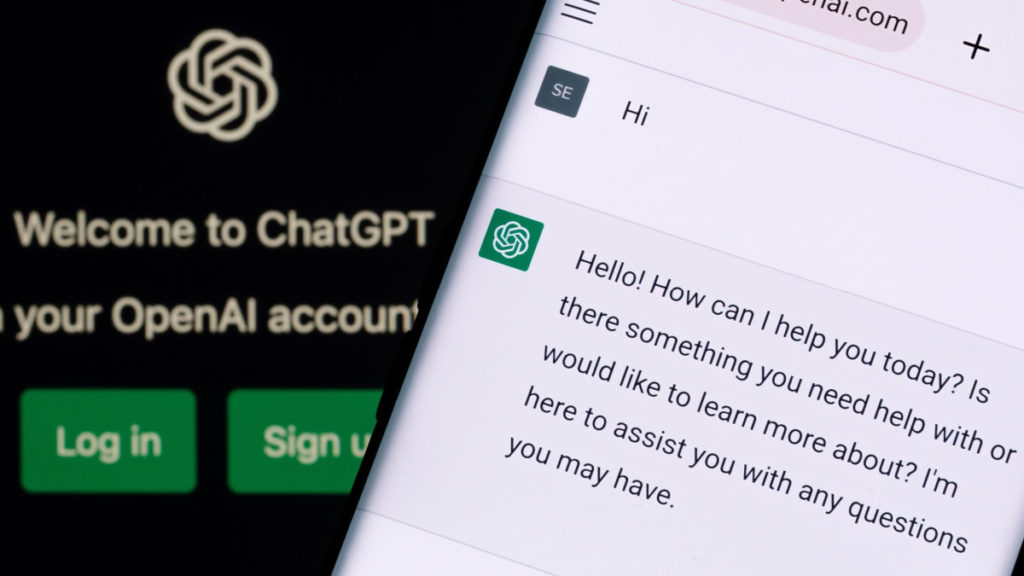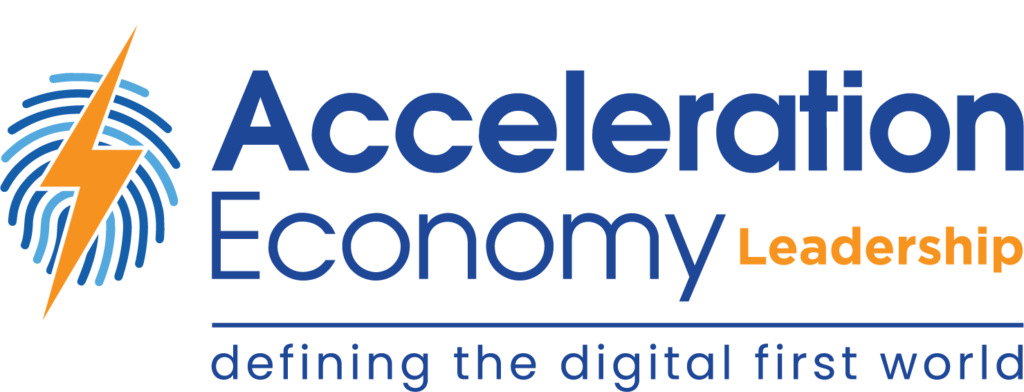You’d have to have been living under the proverbial rock over the last 60 days, not to have heard about ChatGPT, a variant of the GPT (generative pre-training transformer) language model designed to generate human-like text in a conversational context.
The technology has received massive attention, with predictions that it will do everything from “reshape humanity” to the old chestnuts of taking over human jobs and/or hijacking democracy. But does ChatGPT deserve all this praise? Or condemnation? Let’s explore both sides.
What Is ChatGPT?
First, ChatGPT is only as good as what it’s been trained on, so it may not be able to generate responses to prompts or situations that are not reflected in its training data. ChatGPT’s algorithms haven’t been trained on any data after 2021, so if you ask it to write something about current news events, it comes up empty. It’s also not always right, or able to give the full picture on a topic, as many have written about since the latest version of the tool was released in November.
Why ChatGPT Is Overhyped
There are several limitations to ChatGPT and other language models like it. First, ChatGPT is only as good as what it’s been trained on, so it may not be able to generate responses to prompts or situations that are not reflected in its training data. For example, currently, ChatGPT’s algorithms haven’t been trained on any data past 2021, so if you ask it to write something about current news events, it comes up empty. It’s also not always right, or able to give the full picture on something, as many have written about since the latest version of the tool was released in December.
Why ChatGPT Is Underhyped
While the immediate or short-term impact of ChatGPT may be overhyped, I’d argue that the medium- to long-term impact is underhyped. In my 30-year career, there have only been two other times that I’ve seen the introduction of a new technology generate this simultaneous over- and under-hyped dynamic: The internet in the mid-1990s and the iPhone in 2007. With clarity of hindsight, we can now see that the Internet and smartphones changed everything. ChatGPT will change everything, too, and for similar reasons.
The internet existed well before the mid-’90s. Originally developed by DARPA in the 1960s, the internet was initially used by the government, then by early adopters of technology. In the ’90s, however, web browsers provided user-friendly, mainstream access to the internet, which exponentially accelerated its development and commercialization. In a matter of years, the internet changed everything. Today around 62% of the world’s population uses the internet.
Similarly, mobile phones existed long before the iPhone. What Apple’s revolutionary device did was lay the foundation, through an easy-to-use interface, for the modern smartphone, ushering in the era in which pocket-sized computers that can answer any question with the push of a button became the norm. Now, more than five billion people around the world use mobile services.
As with the internet and mobile phones, artificial intelligence (AI) is not new, either, although it is now very much in the headlines. The technology has been around for more than 50 years. What ChatGPT represents, however, just as the internet and iPhone did before it, is a user interface that allows for mainstream use. Just type in a question as you would into any search engine, and you’ll instantly get your flawlessly-written answer. Is it any surprise that ChatGPT hit 1 million users in the first week after its introduction? What’s more, the learning that ChatGPT is taking in through all that usage will exponentially accelerate the development of the platform. And, as usage continues to grow, the technology will only become smarter and more valuable.
Within the first two months of its introduction, ChatGPT is already delivering productivity benefits. Including:
- General Office Tasks: drafting emails; laying out slide presentations, spreadsheets, or processes
- Writing Tasks: outlining and drafting an article or composing poetry
- Learning: asking questions to get facts or gain insights
- Teaching: developing a syllabus, learning outcomes, or test questions
- Advice: both on how to do things all the way up to offering therapy
- Brainstorming: like generating lists of names for organizations and products or ideas for blogs
ChatGPT will lead to advances in AI, which will have a massive impact on most every industry. Open AI CEO Sam Altman, in a recent interview, predicted that “over the next 10 years AI has the potential to shift the trend of the marginal cost of intelligence and energy towards zero”. AI has the potential to shift the marginal cost of the two most valuable resources toward zero?!
Which companies are the most important vendors in AI and Hyperautomation? Click here to see the Acceleration Economy Top 10 AI/Hyperautomation Short List, as selected by our expert team of practitioner-analysts
Final Thoughts
Last week, Microsoft’s Satya Nadella, in announcing the company’s recent reorganization said “ . . . the next major wave of computing is being born with advances in AI, as we’re turning the world’s most advanced models into a new computing platform.” His call to action harkened back to the dramatic pivot Bill Gates led Microsoft through in 1995, when he described “the internet tidal wave.” In his comments, Gates noted “that the internet is “crucial to every part of our business” and “the most important single development to come along since the IBM PC was introduced in 1981.” At the time, some people were surprised by Gates’ public declaration, thinking perhaps it was an overreaction to the internet. It wasn’t then and neither is Nadela’s reaction to AI today.
In my view, ChatGPT is both underhyped and overhyped at the moment. Regardless, I believe that it will go on to become one of the major transitions in the history of technology.
I’ll close this post with a quote (and a caution) from noted economist Tyler Cowan:
“Today, those who learn how to use GPT and related products will be significantly more productive. They will lead integrated small teams to produce the next influential ‘big thing’ in learning and in media. Most current contributors will miss that train almost entirely, just as so many people missed the importance of the internet for learning and for media”.
Want more tech insights for the top execs? Visit the Leadership channel:











